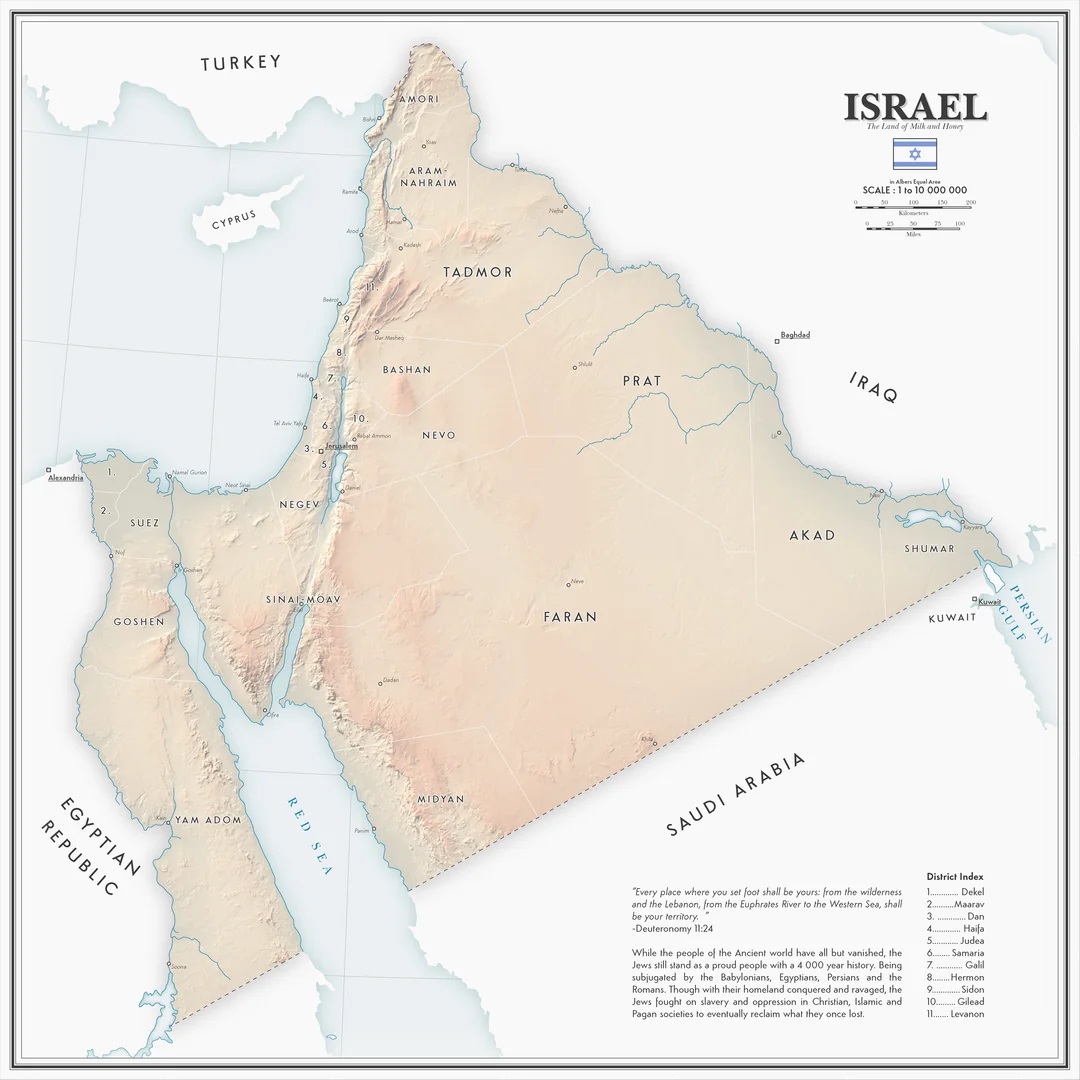Egypt Condemns Netanyahu's 'Greater Israel' Vision as Threat to Peace
Egypt's Foreign Ministry strongly condemns Netanyahu's 'Greater Israel' statements, demanding clarification and warning of threats to regional stability. Cairo leads diplomatic response amid growing Arab concerns.

Egyptian Foreign Ministry headquarters in Cairo, where official condemnation of Netanyahu's 'Greater Israel' statements was issued
Egypt's Foreign Ministry has issued a forceful condemnation of Israeli Prime Minister Benjamin Netanyahu's recent endorsement of a "Greater Israel" vision, characterizing it as a direct challenge to regional stability and the peace process. The ministry has demanded immediate clarification from Tel Aviv regarding these controversial statements.
Egypt's Diplomatic Response
In a decisive statement released Wednesday, the Foreign Ministry reaffirmed Egypt's leadership role in maintaining regional stability, warning that Netanyahu's remarks pose a serious threat to ongoing peace efforts.
The controversial statements emerged during Netanyahu's August 12 interview with i24News, where he expressed strong affinity for an amulet depicting the "Promised Land" - a map encompassing not only Palestinian territories but also portions of Jordan, Lebanon, Syria, and Egypt.
Impact on Regional Peace Efforts
Egypt, which has been spearheading diplomatic efforts for peace in Gaza, views these statements as particularly damaging to ongoing negotiations. Foreign Minister Badr Abdelatty's mediation efforts, conducted alongside Qatar and the US, face new challenges in light of these expansionist claims.
Cairo's Strategic Position
The Foreign Ministry emphasized that sustainable peace requires ending the Gaza conflict and returning to meaningful negotiations. As Egypt continues its crucial role in regional stabilization, such provocative rhetoric undermines established diplomatic channels.
Regional Unity Against Expansionism
The Arab response has been unanimously critical:
- Jordan condemned the remarks as a "dangerous provocative escalation"
- Saudi Arabia rejected Israeli "expansionist projects"
- Qatar warned of increased regional tensions
- The Arab League identified the statements as a threat to Arab national security
Historical Context and Implications
The "Greater Israel" concept, rooted in revisionist Zionism, represents a direct challenge to established international borders and agreements. Egyptian diplomatic sources emphasize that such ideological positions threaten decades of peace-building efforts in the region.
Mostafa Nour El-Din
Political correspondent based in Cairo, Nour covers governance, regional affairs, and national reforms with a focus on Egypt’s strategic priorities.
